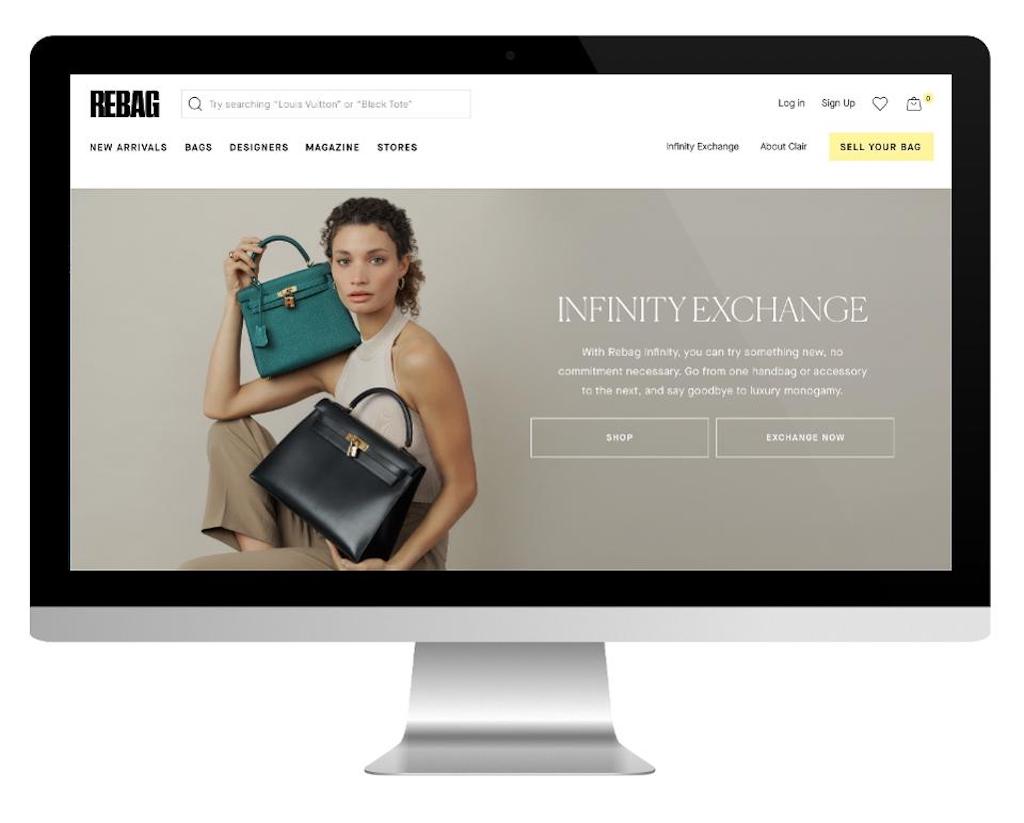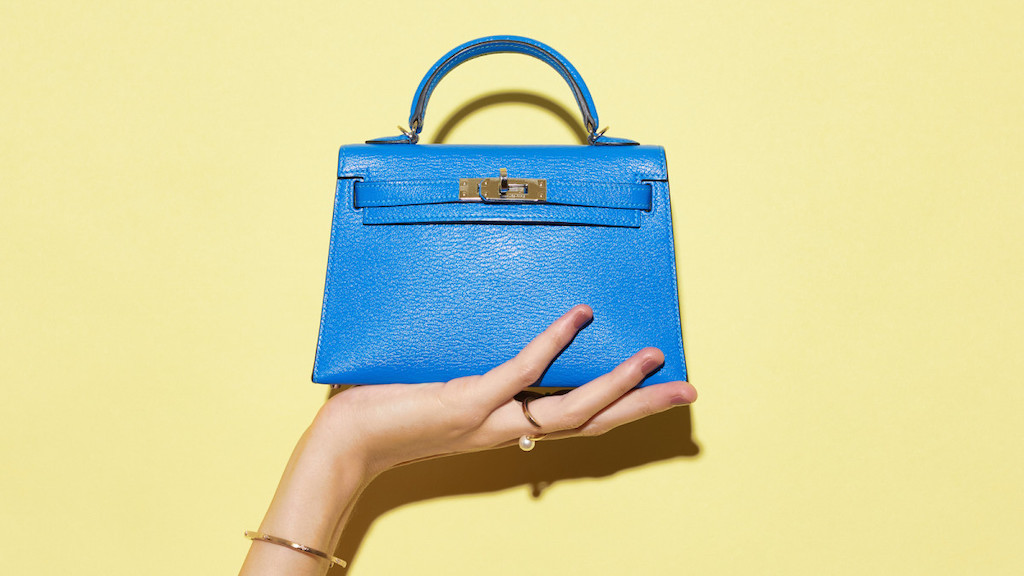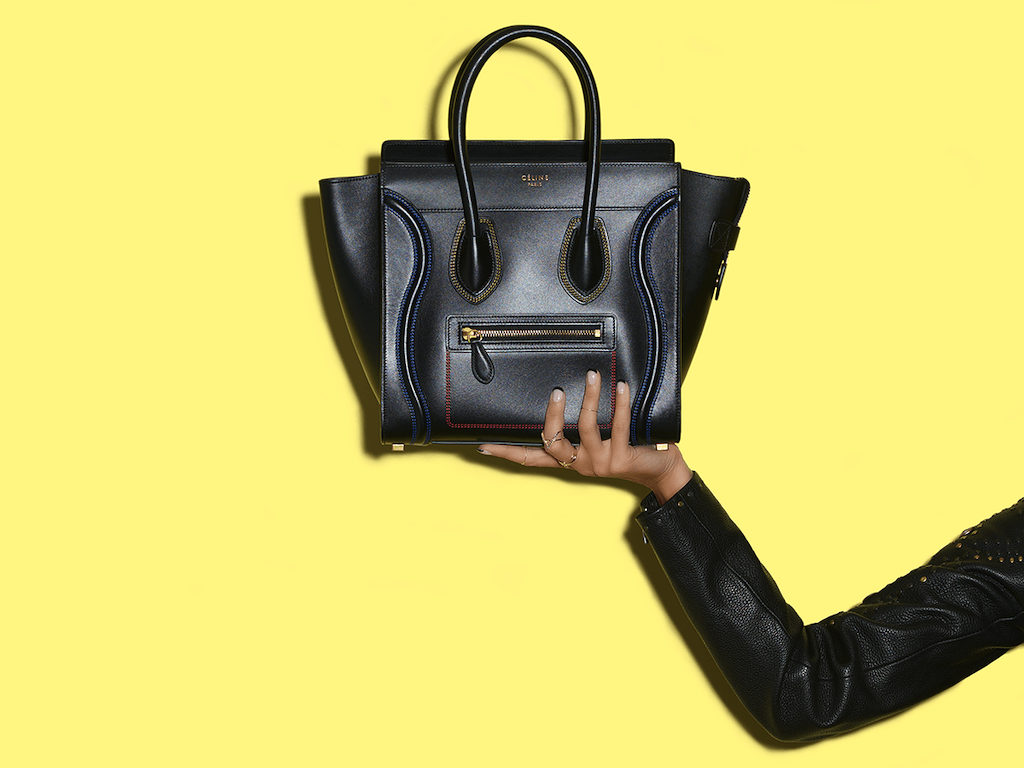3 Mins Read
Luxury handbag resale platform Rebag has just launched a new programme that lets customers exchange a recent preloved purchase for another bag. The programme takes the circular fashion approach to the next level by incentivising consumers to continuously recycle goods, creating a cycle between resale and rental that keeps items out of landfills as long as possible.
Founded in 2014 by Charles Albert Gorra and Erwan Delacroix, Rebag is a New York-based luxury bag resale platform that is now introducing the extra option of swap and rental. Called “Rebag Infinity”, the programme allows customers to buy, wear and then exchange for another bag for a percentage of the original bag’s price in Rebag credit. The credit that users get back depends on how long the exchanged bag is “rented” for – 80% credit for 3 months, 75% for 6 months, and 70% for a year.
It operates using Rebag’s proprietary system where the value of any preloved luxury handbag is automated using a software that takes into account the brand, model, style, colour, size and condition. In the Infinity programme, customers do not have to commit to a certain rental time-frame at the time of their purchase, and decide to swap it at any time within the year-long window.

Though the current coronavirus pandemic is still relentlessly spreading globally, Rebag Infinity will still be made available at a select number of Rebag’s 9 locations across New York, Los Angeles and Miami. However, the company has reiterated that the situation may change as the pandemic evolves.
The new model that operates as a cycle between resale and rental aims to incentivise loyalty to keep recirculating products for as long as possible, while offering customers the price edge. Speaking to Vogue Business, CEO Charles Albert Gorra said the “problem we are trying to solve is, how can one get access to everlasting style without having to spend all their dollars for that use case?”
Rental and resale models are growing in popularity as customers, increasingly aware of the footprint of fashion, are looking for more eco-friendly options on the market. While traditional retailers operating on a conventional linear model have struggled to grow in recent years, leading to the downfall of multiple high-profile brands including American Apparel and Forever 21, the secondhand market has taken off.

According to figures from consignment company thredUP’s 2019 report, the resale sector will reach US$51 billion within the next 5 years, overtaking the mainstream market by 2028. ThredUp itself has experienced extraordinary growth since its creation in 2006, raising more than US$300 million in capital funding and investment from multiple institutional names, including Goldman Sachs.
Given the consumer sentiment against the 10% of global carbon emissions and 92 million tonnes of annual waste generated by the fashion industry, a number of mainstream retailers are now polishing their shoes by incorporating greener options. Most recently, Gap became the latest major brand to dip its feet into the resale trend by partnering with thredUp, and Asian e-commerce giant Zalora now offers customers preloved goods.
It followed similar initiatives from fast fashion giant H&M who launched rental, retail and recycle services in its Stockholm flagship store, and a rental programme in China through its sister brand COS.
Want to know the latest in sustainable fashion? Read more fashion news on Green Queen here.
All images courtesy of Rebag.




